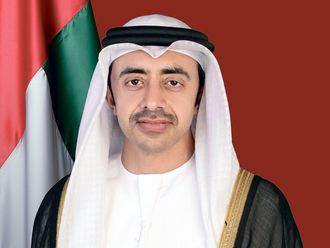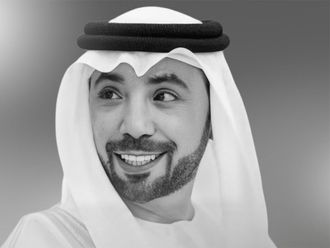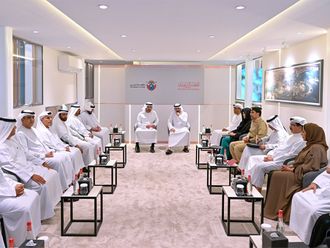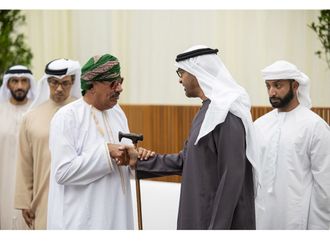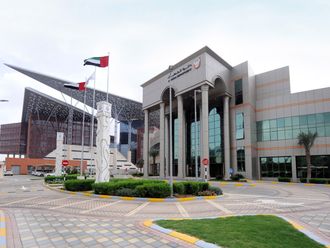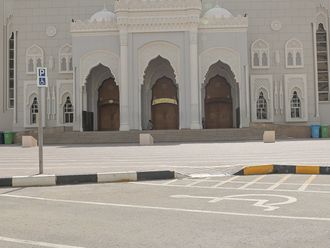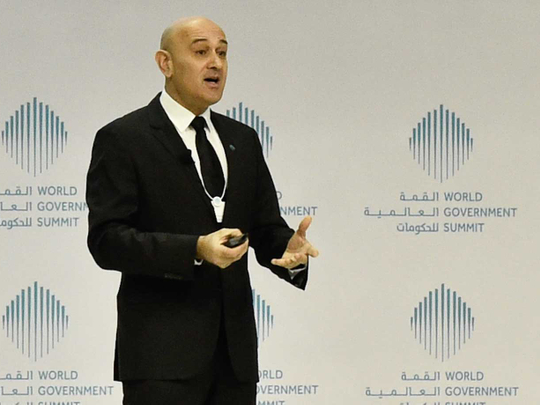
Dubai: “Why the hell not”, was how Professor Jim Al Khalili, Professor of Physics and Public Engagement in Science at the University of Surrey, responded to a question on whether the Arab world can regain its past glory in the sciences and research.
Al Khalili’s session ‘When the World Spoke Arabic: The Forgotten Legacy of Arabic Science’ highlighted the achievements of Arabs and Muslims in various fields of science in the golden age.
He gave examples of Ibn Seena (Aviceena), the father of modern medicine; Ibn Al Haitham, one of the greatest physicists who wrote about optics and was the first person to correctly explain how the eye works; Al Razi, the Persian physician and chemist, who was the first scientist to arrange elements according to their properties; and Abu Al Qasim Al Zahrawi, the Andalusian physician who created medical instruments that are in use till this day, to name a few.
Al Khalili said the lack of scientific research and advancement is a problem in the Arab world and widely acknowledged.
“Many people are still suspicious of science, as they see it as a western construct being forced on them,” Al Khalili said, adding that they would see how untrue this is if they remember the golden age.
He said that some governments and rulers see the need and importance of science for advancement. However, the budgetary allocations for that purpose is much lower than in the developed world.
The small number of scientists and researchers is another problem.
“There is more than money needed. Gulf States can fund, but what is needed is the spirit of inquiry, one that is not imposed by the west. We need creativity, openness to new ideas — even if they do not fit our current ideas … and curiosity. ” he said.
“I see no reason why it cannot happen again,” he said.


